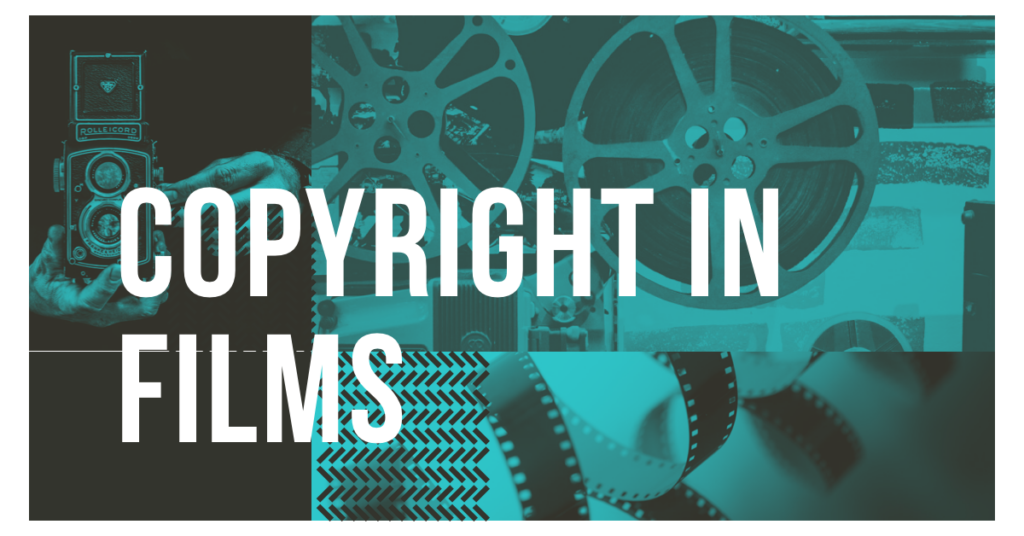
The film industry in India is a extremely popular enterprise and enjoys a large customer base.The Indian film industry has seen several big budget movies in the past few years. The sci fi movie 2.0 with its estimated budget of 450 crores, is one of the most expensive movies made in the Indian film history. With such high stake investment involved, producers have attempted rigorously to curb the piracies to protect their Intellectual Property Rights.
The law of copyright has provided with several remedies to effectively combat the pirated DVD’s and VCR’s in the black market. However, is the law now equipped to deal with the challenge illegal online streaming services pose is something to ponder on. The customers are opting to back to these illegal services online as streaming websites like Netflix or Prime have not acquired sufficient titles to meet everybody’s needs. When buying too many subscription does not become cost effective, the customers tend to use illegal platforms. But are our laws flexible enough to combat this?
Case Study
Disney Enterprises among other enterprises (Disney Enterprises, Inc. and Ors. vs. Kimcartoon.to and Ors. (27.07.2020 – DELHC) have been continuously engaging in filing copyright infringement commercial suits to combat piracy of its original content/films on rogue websites accessible in India. The courts are of the view that without interim orders, the plaintiffs would face irreparable damage to their commercial and statutory rights and hence are providing favourable interim orders to protect the interest of the plaintiffs.
Interim orders can be an effective tool to combat rouge websites as they are immediately blocked by DOT (Department of Telecommunication) upon intimation of courts order in a short period of time as opposed to long drawn trials. But are they or even decrees in favour of plaintiff effective? Huge amount of legal expenses are spent on curbing it but it seems like the orders are not effective to combat digital piracy.
For instance Warner Bros. Entertainment Inc. filed a suit (Warner Bros. Entertainment Inc. vs. http://mp4moviez.io and Ors. (05.08.2019 – DELHC) against a rouge website mp4moviez with different domains like .lol, .la, .in, .desi, .io, and .im alleging copyright infringement. Favourable interim orders were granted by courts and the said domains were blocked. However, during the pendency of the litigation we can now see that the third party violators have simply opted another domain .guru and is continuing to engage in digital piracy.
When such other mirror/redirect/alphanumeric websites multiply, the plaintiff has an option to curtail such ‘rogue websites’ by filing an additional affidavit (Dynamic injunction) stating why the new website falls into the purview of the existing order with accompanying evidence. However, the ground reality is that the procedures take a longer period of time as our judicial system are simply overburdened and impleading new parties is a time consuming burden on the judicial system, government officials and the plaintiff. Even if permanent injunction is granted, it is a continuing menace. Whereas, the digital platform can be changed easily by the violators within seconds to evade the proceedings of law. Infructuating the legislative intent of the copyright act.
This can be easily resolved by amending our pleadings and prayers before the court to suit the needs of the claimant in par with the digital age. The courts if anything are forward and dynamic when it comes to the implementation of Intellectual Property Laws. Litigants can evolve with the evolving technology to reduce the burden of the copyright owners and fostering growth in creative Industry.
Disclaimer
The copyright in the contents of this article exclusively belong to the author of this article. This is an initiative by Aarde Law Chambers to increase awareness about the Intellectual Property Laws in India. The viewers are free to share the article with due attribution and backlink to the source. Reproduction, modification and communication in physical and electronic medium without attribution and backlink is liable for appropriate legal consequences.
